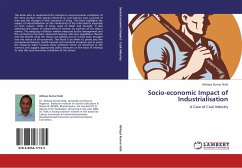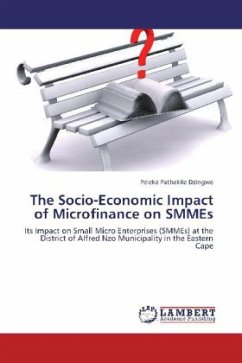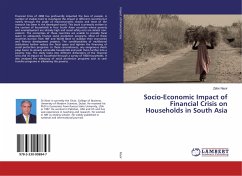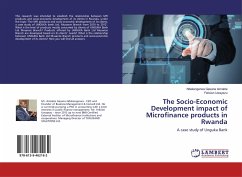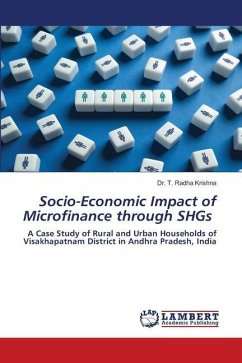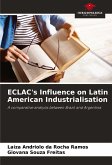This book aims to understand the changes in socio-economic conditions of the mine workers with special reference to coal industry over a period of time and the changes in their standard of living. This book highlights the impact of industrialization on the inhabitants of the tribal district especially on their culture, mode of living, state of belief and thought. It also addresses the impact of replacement of workers by machine on the labour market. The adequacy of labour welfare measures by the management and the contractors has been measured keeping rules and regulations thereto and the benefit what the miners are getting out of it have been brought into the notice of all concerned. This book is an effort to probe into the occupational diseases, health hazards and industrial accidents and to assess the measures taken towards these problems which are beneficial to the workers and suggest appropriate policy measures on the basis of findings to raise the socio-economic conditions of the miners.
Bitte wählen Sie Ihr Anliegen aus.
Rechnungen
Retourenschein anfordern
Bestellstatus
Storno

